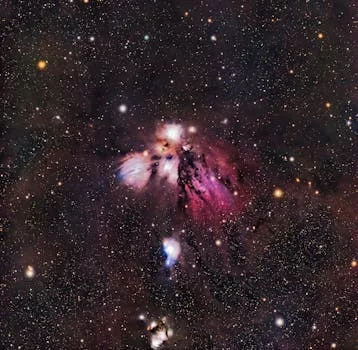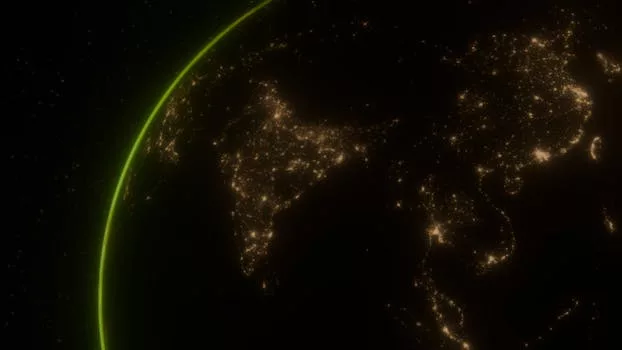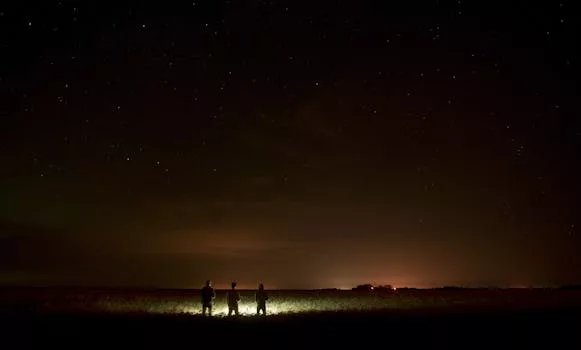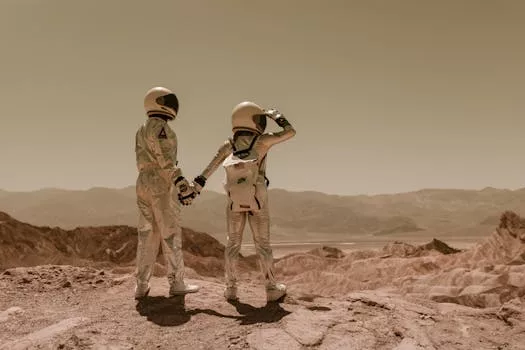
“
Introduction to Beyond the Milky Way: Imagining New Worlds and Possibilities
Beyond the Milky Way: Imagining New Worlds and Possibilities is a journey that takes us to the farthest reaches of the universe, exploring the mysteries of space and the potential for life beyond our galaxy. As we delve into the unknown, we begin to realize that the possibilities are endless, and the discoveries waiting to be made are vast.
The Search for New Worlds
The search for new worlds is an ongoing quest that has captivated human imagination for centuries. From the early astronomers who first gazed up at the night sky to the modern-day space explorers who are pushing the boundaries of what is possible, the drive to discover new worlds has been a constant theme in human history. With the aid of advanced technology and sophisticated telescopes, we are now able to explore the universe in greater detail than ever before, revealing secrets that were previously hidden from us. For more on this topic, check out Charting New Realms: The Journey of Imagination Beyond the Stars.
The Discovery of Exoplanets
One of the most significant discoveries in recent years has been the detection of exoplanets, which are planets that orbit stars other than the Sun. These planets are located in the habitable zones of their respective stars, where conditions are suitable for life as we know it. The discovery of exoplanets has opened up new avenues for research, as scientists seek to determine whether these planets are capable of supporting life. The search for life beyond Earth is an exciting and rapidly evolving field, with new discoveries being made regularly. For insights into this fascinating topic, read From Stardust to Dreams: Imagining Life Beyond the Stars.
Imagining New Possibilities
As we explore the universe and discover new worlds, we begin to imagine new possibilities for the future of humanity. The possibility of establishing colonies on other planets or moons is an intriguing one, and it is an area of research that is currently being explored by space agencies and private companies around the world. The idea of becoming a multi-planetary species is an exciting prospect, as it would ensure the survival of humanity even if a global catastrophe were to occur on Earth. To learn more about the creative aspects of this exploration, check out Beyond Stars: Where Imagination Takes Flight.
The Potential for Space Tourism
Another possibility that is being explored is the potential for space tourism. As technology advances and the cost of space travel decreases, it is becoming increasingly possible for individuals to travel to space, either as tourists or as participants in space-related activities. The prospect of being able to visit other planets or experience the weightlessness of space is an exciting one, and it is an area of development that is likely to become increasingly popular in the coming years.
Takeaways
In conclusion, the exploration of space and the discovery of new worlds is an ongoing journey that is full of possibilities and promise. As we continue to push the boundaries of what is possible, we begin to realize that the universe is full of mysteries waiting to be uncovered. The search for new worlds and the potential for life beyond Earth is an exciting and rapidly evolving field, and it is one that is likely to continue to captivate human imagination for generations to come.
Key takeaways from this article include:
- The search for new worlds is an ongoing quest that has captivated human imagination for centuries.
- The discovery of exoplanets has opened up new avenues for research, as scientists seek to determine whether these planets are capable of supporting life.
- The possibility of establishing colonies on other planets or moons is an intriguing one, and it is an area of research that is currently being explored by space agencies and private companies around the world.
- The potential for space tourism is an area of development that is likely to become increasingly popular in the coming years.
See more:
https://www.nasa.gov
https://www.space.com
https://www.esa.int






